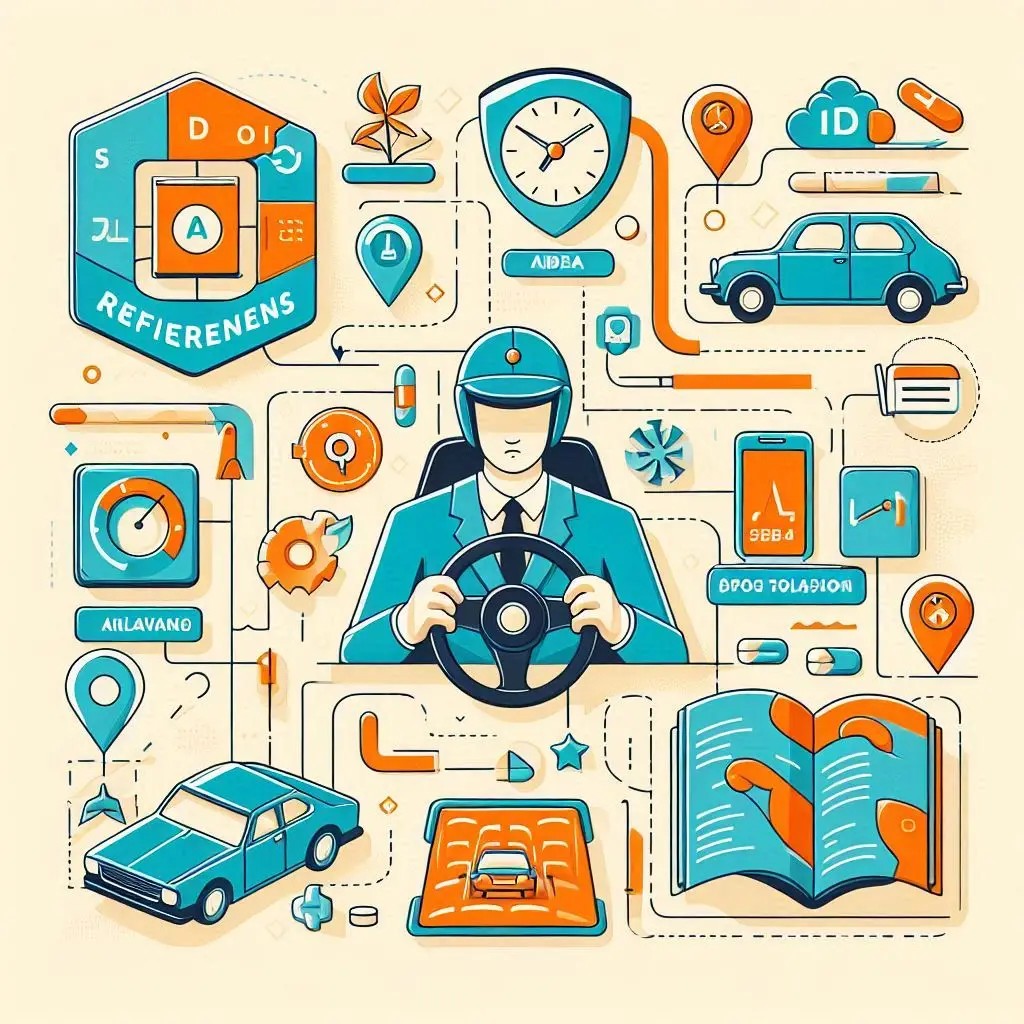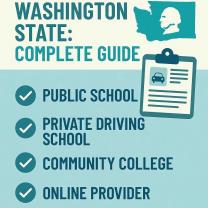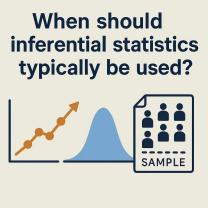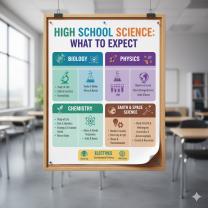What areas of driving can I cover in my refresher lessons?
Refresher driving lessons are flexible and tailored to your needs—they’re designed to rebuild confidence, update knowledge, and sharpen driving skills. Here are the common areas and topics you can cover:
Core Driving Skills
Basic control: Steering, braking, accelerating smoothly.
Gear use (for manual cars): Clutch control, smooth gear changes.
Observation and awareness: Mirror use, scanning for hazards.
Defensive driving: Anticipating risks and maintaining safe distances.
Road Types and Conditions
City driving: Heavy traffic, junctions, roundabouts.
Motorway / highway driving: Merging, overtaking, lane discipline.
Rural roads: Bends, narrow lanes, uneven surfaces.
Night driving: Managing headlights, reduced visibility.
Adverse conditions: Rain, fog, ice, snow, or strong winds.
Parking & Low-Speed Manoeuvres
Parallel, bay, and reverse parking.
Three-point turns.
Reversing into driveways or side streets.
Hill starts and stopping safely on slopes.
Rules & Safety Updates
Changes to traffic laws or highway code.
Speed limits, mobile phone restrictions, and seatbelt laws.
Road signs you may have forgotten or new ones introduced.
Eco-driving techniques for fuel efficiency.
Confidence & Special Topics
Overcoming driving anxiety or nervousness.
Driving in busy city centers or unfamiliar routes.
Using new car technology (parking sensors, lane assist, adaptive cruise control).
Preparing for a driving re-test or medical reassessment.
Summary:
Refresher lessons can cover anything from parking practice to motorway driving, road law updates, or building confidence in specific situations—you choose the focus areas with your instructor.
Great! Here’s a sample 5-session refresher driving lesson plan that balances skills, confidence, and real-world practice. Of course, the exact plan can be adjusted to your needs:
Refresher Driving Lesson Plan (5 Sessions)
Lesson 1 – Assessment & Basics (1–2 hours)
Initial driving assessment to identify strengths & weak areas.
Review of vehicle controls & safety checks.
Basic maneuvers: smooth braking, clutch/gear use (if manual), steering control.
Short drive in light traffic to rebuild confidence.
Lesson 2 – Town & City Driving
Driving in urban areas: traffic lights, junctions, roundabouts.
Lane discipline and positioning.
Observation & use of mirrors.
Handling pedestrians, cyclists, and buses.
Tips for eco-driving in stop-start traffic.
Lesson 3 – Parking & Manoeuvres
Parallel, bay, and reverse parking practice.
Three-point turns & reversing around a corner.
Hill starts and stopping safely on inclines.
Low-speed control & precision driving.
Lesson 4 – Motorway & Rural Driving
Joining and exiting motorways safely.
Overtaking and lane discipline at higher speeds.
Using mirrors and blind spot checks effectively.
Driving on rural roads: bends, narrow lanes, hidden hazards.
Dealing with weather challenges (fog, rain, icy roads).
Lesson 5 – Confidence & Advanced Skills
Night driving techniques (if possible, evening lesson).
Defensive driving & hazard anticipation.
Review of latest highway code / traffic law changes.
Driving in stressful conditions (busy traffic or new routes).
Final assessment with feedback & action plan for independent driving.
Outcome:
By the end of 5 sessions, you’ll have covered all core areas—from city driving and parking to motorway skills, safety updates, and confidence-building.
Driver Refresher Lessons: A Comprehensive Guide
Driver refresher lessons are designed for licensed drivers who want to enhance their skills, update their knowledge, and build confidence behind the wheel. These lessons are highly flexible and can be customized to meet a driver's specific needs, whether they've been off the road for a while or simply want to improve.
1. Key Focus Areas of a Driver Refresher Lesson
Refresher lessons are tailored to the individual, but they generally focus on a few core areas to ensure drivers are safe, confident, and knowledgeable on the road.
Revisiting Foundational Skills: This includes reviewing proper steering techniques, smooth braking and acceleration, safe following distances, and correct use of mirrors and blind spot checks.
Updating Road Rules and Regulations: Traffic laws, signs, and road markings change over time. Refresher lessons cover the latest regulations, helping drivers avoid unintentional violations and drive more safely.
Addressing Individual Weaknesses: An instructor can help identify and correct bad habits that may have developed over time, such as poor lane discipline or improper signaling.
2. How Refresher Driving Lessons Help with Parallel Parking and Maneuvering
Parallel parking is a common source of anxiety for many drivers. Refresher lessons provide a safe and controlled environment to master this skill.
Step-by-Step Guidance: Instructors break down complex maneuvers like parallel parking into simple, repeatable steps, making the process less daunting.
Practical Application: Lessons provide hands-on practice in various real-world scenarios, helping drivers judge distances and master the timing of turns.
Building Confidence: By successfully performing these maneuvers with professional guidance, drivers can overcome their anxiety and develop a sense of mastery over their vehicle's dimensions.
The same principles apply to other maneuvers, such as navigating tight spaces, making three-point turns, and changing lanes in heavy traffic.
3. Benefits of Taking Refresher Lessons for Nervous Drivers
For drivers who feel anxious or nervous on the road, refresher lessons offer a supportive and effective solution.
Structured Practice: Lessons provide a safe environment to practice challenging scenarios—like highway driving, busy intersections, or driving in adverse weather—at a comfortable pace.
Confidence Building: Instructors provide reassurance and positive feedback, helping to gradually rebuild a driver's confidence behind the wheel.
Stress Reduction: By addressing specific fears and providing practical strategies for handling difficult situations, lessons can help reduce overall driving-related stress and anxiety.
Can I cover specific traffic scenarios in my refresher lessons?
Yes, one of the primary advantages of refresher lessons is their flexibility. You can work with your instructor to create a customized lesson plan that addresses your specific concerns. This can include:
Highway Driving: Merging onto and exiting busy highways, maintaining proper speed and lane discipline.
Driving in Heavy Traffic: Navigating complex intersections, dealing with aggressive drivers, and managing stop-and-go situations.
Night Driving: Adjusting to reduced visibility and dealing with glare from other vehicles' headlights.
Driving in a New Area: Familiarizing yourself with a new city's road network, unique intersections, or local traffic patterns.
5. How Refresher Lessons Address Modern Driving Challenges
Modern driving presents challenges that may not have existed when many people first got their licenses. Refresher lessons can help drivers adapt to these changes.
Advanced Vehicle Technology: Instructors can help drivers understand and properly use modern safety features such as backup cameras, blind spot alerts, lane-keeping assistance, and adaptive cruise control.
Distracted Drivers: With the increase in distracted driving, refresher lessons can teach defensive driving techniques to help you anticipate and react to the actions of others.
Complex Road Networks: Lessons can help you navigate modern roundabouts, complex interchanges, and other evolving road designs.













